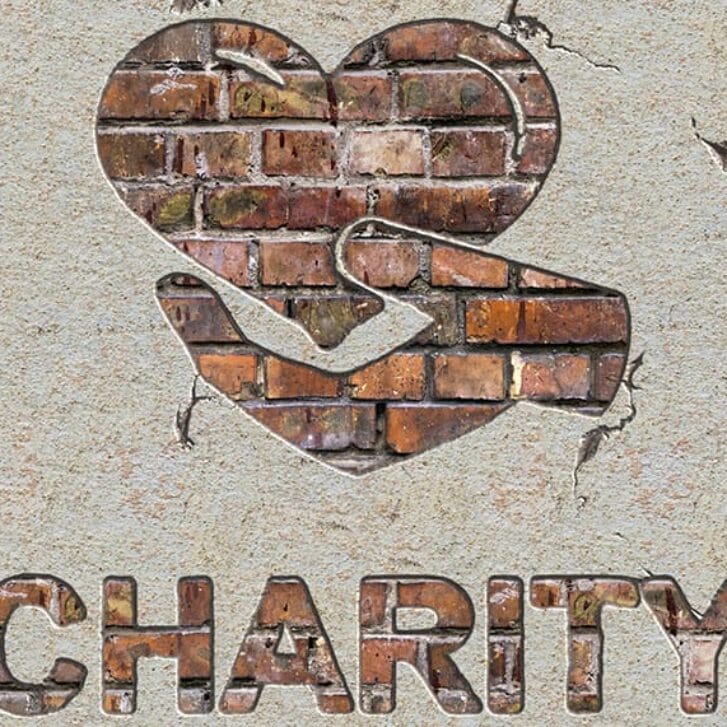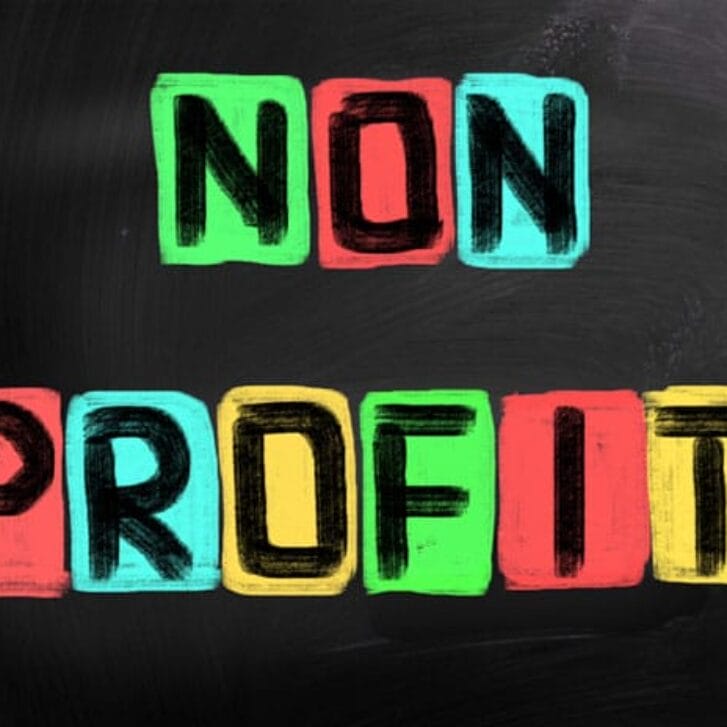Partnering With the Community
No business operates in a vacuum. It is part of a community that is home to its employees and its customers, and in which it has a meaningful stake. And as a result, business leaders have an important responsibility to their communities. The very best in business leadership today and in the future will be in those companies that devote their energy and resources – both human and financial – to making their communities better places to live, work and do business.
In Philadelphia and even in remote locations around the globe, Wharton students are already demonstrating this critical element of business leadership through a broad range of volunteer activities. And they do it with great vigor and enthusiasm. While carrying full course loads at the world’s most demanding business school, Wharton students organize and manage dozens of projects that incorporate both business know-how and elbow grease. The impact they are having is very tangible:
– Nearly 50 MBA students spend an hour five days a week tutoring students in West Philadelphia’s junior and senior high schools as part of the Say Yes to Education program. In the program’s 10 years, the dropout rate for students has plummeted, and more than half have gone on to college. Wharton students have also helped their young protégés seek financial assistance from local sponsors for college tuition.
– Each year, more than 500 Wharton freshmen set out into the Philadelphia community in groups of 12 to 15 students for semester-long projects in team-building, communications and leadership skill development. Partnering with nonprofit agencies throughout Philadelphia, students learn firsthand the valuable lesson that business leadership is directly linked to community commitment.
– Wharton Community Consultants, a new student club, takes this lesson one step further. Knowing that sound management skills can help community organizations be more effective, the group offers management consulting services to Philadelphia nonprofits. Students get hands-on experience with the day-to-day challenges of running an organization, and the agencies get top-notch management advice.
– Wharton’s Young Entrepreneurs Program matches Wharton MBAs with high school students who have an interest in starting their own businesses. The students work with their Wharton mentors to develop a business plan and make presentations to venture capital boards. Last year, nearly 30 high school students participated, and $2,500 was awarded in start-up capital.
– “Wharton into the Streets” is an annual event each fall that introduces students to the community service opportunities in Philadelphia. Working with the Peoples Emergency Center, Wharton students conduct a tutoring program, cook and serve meals to the shelter’s residents and organize food, clothing and holiday gift drives. Other students work with the homeless and hungry through the University City Hospital Coalition, the Greater Philadelphia Food Bank, and MANNA (Metropolitan Area Neighborhood Nutrition Alliance).
– Our biggest outreach activity of all celebrates its 10th year this spring. Wharton’s Christmas in April program rehabilitates homes for low-income families, the elderly and the disabled. Last year, more than 1,000 Wharton students helped to repair 31 houses in West and North Philadelphia. Students worked year-round to raise $130,000 to buy materials and supplies. Now a nationwide effort that involves business schools across the country, Wharton’s program was the first in 1988 and remains the largest – proving once again the leadership impact of Wharton students among their peers across the nation.
– And recognizing that we are members of a global community, for the last 10 years Wharton International Volunteer Projects has taken MBA students to Third World locales as business consultants. Last summer, 31 students spent three to four weeks assisting the local economies in eight countries. Projects included developing marketing strategies to export hand-made sweaters from an Ecuadorian village to delivering computer training to entrepreneurs in The Gambia. (See story, page 23.)
These student programs form the heart of a long-term commitment by Wharton and Penn to improve the quality of life of our community – both locally and globally. They are central to our educational mission of leadership. And arising as they do from the terrific spirit, creativity and energy of our students, these activities are a wonderfully encouraging sign for the future and for the kind of leadership these students will bring to their careers. Leadership that is good for business and good for our communities.
Thomas P. Gerrity


























